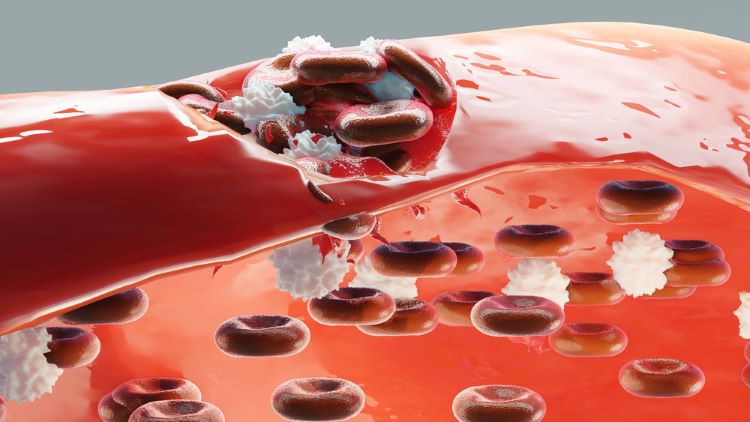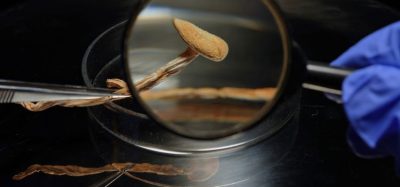Pfizer receives EU haemophilia B gene therapy approval
Posted: 26 July 2024 | Catherine Eckford (European Pharmaceutical Review) | No comments yet
The single-dose gene therapy was approved for certain patients with haemophilia B in the US and Canada earlier this year, marketed as BEQVEZ.


A conditional marketing authorisation in Europe has been grated for the gene therapy DURVEQTIX ® (fidanacogene elaparvovec), to treat severe and moderately severe haemophilia B (congenital factor IX deficiency) in adults.
This new regulatory approval by the European Commission is indicated for patients without a history of factor IX inhibitors and without detectable antibodies to variant AAV serotype Rh74.
More about the gene therapy
The one-time gene therapy contains a “bio-engineered adeno-associated virus (AAV) capsid and a high-activity variant of human coagulation FIX gene”, Pfizer shared. This enables individuals with the rare genetic bleeding disorder to produce factor IX (FIX) themselves, instead of regular intravenous FIX infusions, the company noted.
DURVEQTIX was approved by the US Food and Drug Administration (FDA) for haemophilia B as BEQVEZTM in April this year.
DURVEQTIX has shown the potential to offer long-term bleed protection in a one-time dose, reducing or eliminating bleeds for the appropriate patients with haemophilia B”
The current standard of care for treating patients with haemophilia B, requires “frequent infusions and many remaining at risk of breakthrough bleeds that can lead to pain and restricted mobility,” explained Alexandre de Germay, Chief International Commercial Officer and Executive Vice President, Pfizer.
“[However,] DURVEQTIX has shown the potential to offer long-term bleed protection in a one-time dose, reducing or eliminating bleeds for the appropriate patients with haemophilia B,” de Germay continued.
The European Commission’s decision for DURVEQTIX is valid in all 27 EU member states, in addition to Iceland, Liechtenstein, and Norway.
About the DURVEQTIX Phase III study
The conditional marketing authorisation is based on results from the pivotal Phase III BENEGENE-2 study, which showed DURVEQTIX enabled a “significantly” reduced frequency of bleeding episodes compared with usual care. The company highlighted that the median annualised bleed rate (ABR) of zero bleeds was observed in the haemophilia B patients after up to four years of follow-up, Pfizer shared.
The pharmaceutical company licensed the gene therapy DURVEQTIX from Spark® Therapeutics in December 2014.
Related topics
Big Pharma, Biopharmaceuticals, Data Analysis, Drug Development, Drug Markets, Drug Safety, Gene therapy, Industry Insight, Rare diseases, Regulation & Legislation, Research & Development (R&D), Technology, Therapeutics
Related organisations
Related drugs
BEQVEZ (fidanacogene elaparvovec-dzkt), DURVEQTIX, Gene therapy









